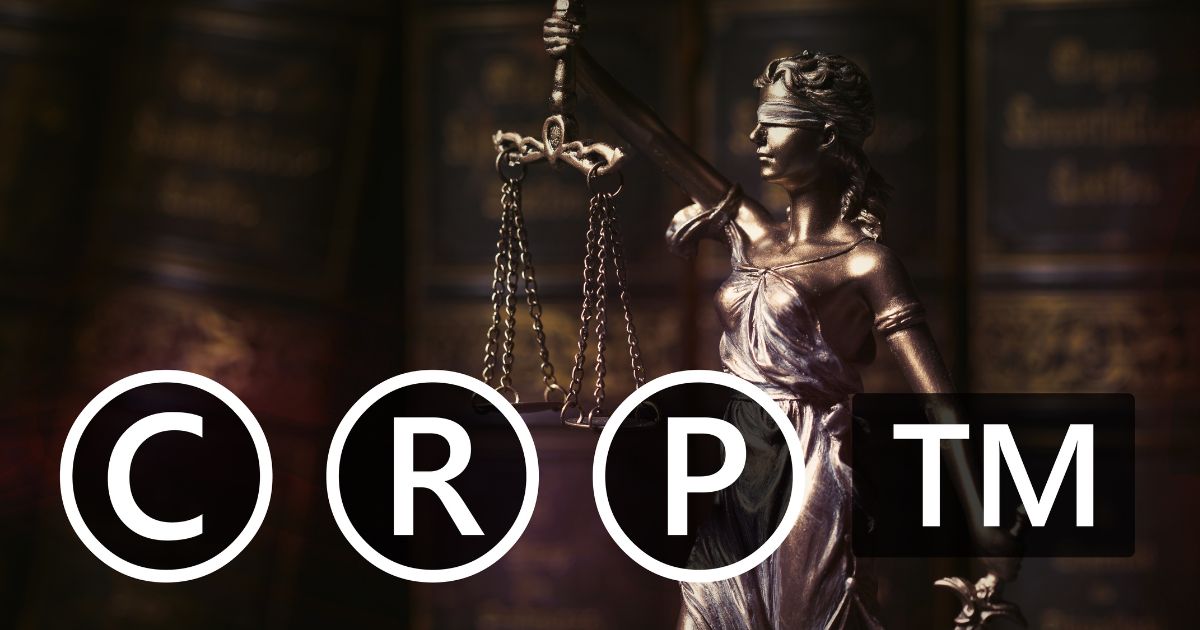The central topic of the ruling – Italian Supreme Court of Cassation, Sec. I, Ord. (date of hearing 16/02/2023), 14/03/2023, No. 7378 – concerns the analysis of the application of the criteria for selective distribution in the case of unauthorized sale of luxury goods and their impact on the protection of trademark owners’ rights. The focus on such criteria is crucial as it dictates whether the conduct of retailers meets the standards set by manufacturers in order to preserve brand exclusivity and prestige.
The case: Chantecler Spa v. Gens Aurea Spa
The case addressed by the judgment concerns the dispute between Chantecler Spa, the owner of the trademark “Chantecler”, and Gens Aurea Spa, an enterprise that sold goods bearing the Chantecler trademark without the trademark owner’s authorization. Chantecler Spa claims that Gens Aurea Spa’s unauthorized sale of its luxury goods caused damage to the reputation of its trademark and its selective distribution network.
The Italian Court of Appeals had assessed the matter in light of the principle of trademark exhaustion provided for in Article 5 of the Industrial Property Code, as well as in light of EU Regulation No. 330/2010 on selective distribution.
The Court of Appeals had rejected Chantecler Spa’s application, finding that proof had not been provided that the authorized distributors had actually been selected on the basis of certain predetermined requirements, as required by Article 1(e) of EU Regulation No. 330/2010. Let’s examine exactly what this means.
The principle of trademark exhaustion
The ratio legis of Article 5 of the Italian Industrial Property Code, which introduces the principle of trademark exhaustion, is to ensure the free movement of goods within the territory of the European Union. The purpose of this principle is to promote competition and prevent situations in which the trademark owner may abuse its dominant position or unjustifiably restrict the further marketing of goods bearing the trademark.
In other words, the principle of trademark exhaustion seeks to balance the interests of the trademark owner, who has the right to protect its image and reputation, with the interests of consumers and retailers, who must be able to freely access and market products bearing the trademark without undue restriction for the benefit of consumers.
It is important to note that this principle is not absolute and has an exception, as stated in Paragraph 2 of Article 5 of the Italian Industrial Property Code. Under special circumstances, i.e. when there are “legitimate reasons”, the trademark owner may object to the further commercialization of products. The existence of a selective distribution network represents one of these legitimate grounds. Let’s see what are the selection criteria stated by Chantecler.
Chantecler's criteria for selecting its distributors
Perhaps the most interesting part of the ruling is precisely the listing of criteria in use at the Chantecler company. In this particular case, the criteria cited for selecting distributors in its selective distribution network are as follows:
- Location of the retailer: outlets must be located in provincial capitals, major provincial municipalities or areas of significant tourist-commercial interest.
- Central location of the outlet: the outlet must be located in a central and easily accessible location.
- Long-established tradition of the outlet: the retailer must have an established history in the industry and a positive reputation over time.
- High professionalism of the retailer: the retailer must demonstrate competence, experience and professionalism in running the store and dealing with customers.
- High quality of customer service: customer service must be of a high standard, in terms of service, advice and support.
- Styling and furnishings present in the outlet that are elegant and of high quality: the furnishings and fittings of the outlet must be refined, elegant and of high quality, in line with the luxury image of the Chantecler brand.
- Authorized marketing of major jewelry brands: the retailer must also be authorized to sell other prestigious brands in the jewelry industry, such as Bulgari, Pomellato, Buccellati, Cartier.
Unfortunately, the Court of Appeal had not found there was evidence of selective distribution. More specifically, Chantecler Spa had specified the pre-established criteria according to which its distributors were to be selected, as required by Article 1(e) EU Reg. 330-2010, but what was lacking was evidence at trial of the actual application of these criteria.
Except in the case of brand allure, the exclusive right is limited to the first marketing in the EU
It is important to note that European Directive 2008/95/EC introduced, through Article 7, the principle of trademark exhaustion within the European Union. This principle, implemented by Article 5 of the Italian Industrial Property Code, is an expression of the free movement of goods.
According to this principle, once the owner of industrial property rights puts a trademarked product on the market within the territory of the European Union, either directly or with his or her consent (e.g., through a licensee), he or she loses the exclusive rights relating to the trademark itself.
As a result, exclusivity is limited to the first act of putting it on the market, and the owner of the industrial property right can no longer claim any exclusivity over the further circulation of the trademarked product.
However, the principle of exhaustion has an exception: the second paragraph of Article 5 of the Italian Industrial Property Code provides that “This limitation of the owner’s powers, however, does not apply when there are legitimate grounds for the owner himself to oppose the further marketing of the products.” The Italian Supreme Court has had occasion to clarify that it is not only a matter of establishing selective criteria, but also of adopting them and retaining evidence of such application aimed at maintaining a certain trademark allure.
What is the impact of the ruling for luxury brands?
In the case at hand, Italian Supreme Court “Cass. Civ., Sec. I, Ord. (date of hearing 16/02/2023), 14/03/2023, no. 7378”, the defect in reasoning had not been deduced by the appellant, at least in the terms required by the ruling of the United Sections in Judgment No. 8053-2014, and in any case the alleged contradictory nature of the logical procedure followed by the Italian Court of Appeals is absent, since, on this point, the appellant did not correctly grasp the ratio decidendi.
This ruling will have a significant impact on the regulation of selective distribution and the protection of luxury brands. On the one hand, it highlights the importance of the selection criteria established by the trademark owner to maintain the exclusivity and prestige of the trademark. On the other, it stresses the care that companies must take in demonstrating the effective application of these criteria when selecting authorized distributors.
For lawyers and clients, this implies greater knowledge of the issue and the practices to be adopted to prevent trademark exhaustion. The Canella Camaiora Law Firm offers a wide range of services related to industrial and intellectual property law, including trademark protection, management of selective distribution issues, and legal advice on licensing agreements and commercial contracts. With in-depth knowledge and experience in the field, the firm can provide targeted legal assistance and customized solutions to protect luxury brands and ensure compliance with distribution regulations.
If you would like more information about the services offered by Canella Camaiora Law Firm or need legal advice on trademark and selective distribution, please do not hesitate to contact us.
© Canella Camaiora S.t.A. S.r.l. - All rights reserved.
Publication date: 7 April 2023
Last update: 7 May 2025
Textual reproduction of the article is permitted, even for commercial purposes, within the limit of 15% of its entirety, provided that the source is clearly indicated. In the case of online reproduction, a link to the original article must be included. Unauthorised reproduction or paraphrasing without indication of source will be prosecuted.

Arlo Canella
Managing Partner of the Canella Camaiora Law Firm, member of the Milan Bar Association, passionate about Branding, Communication and Design.
